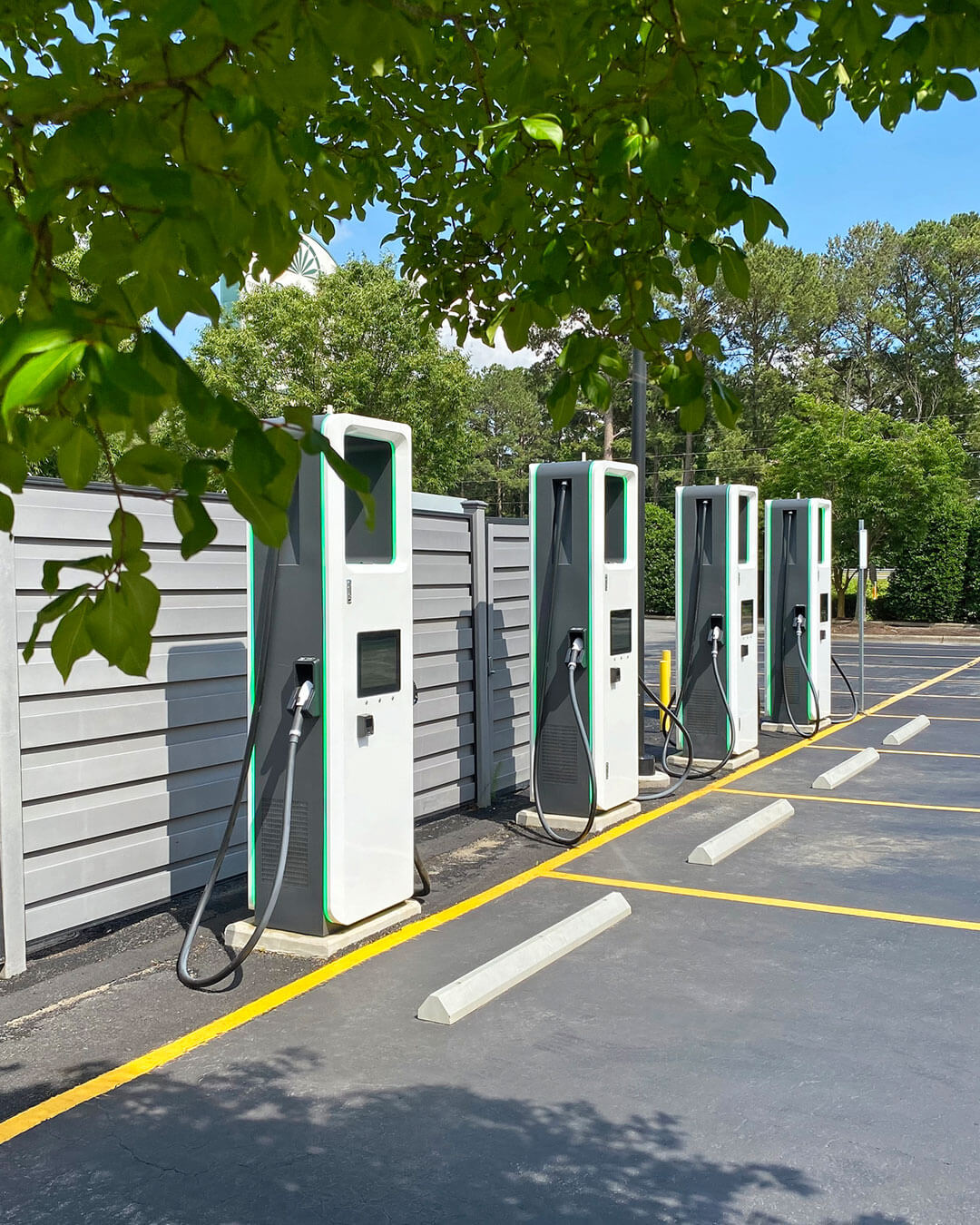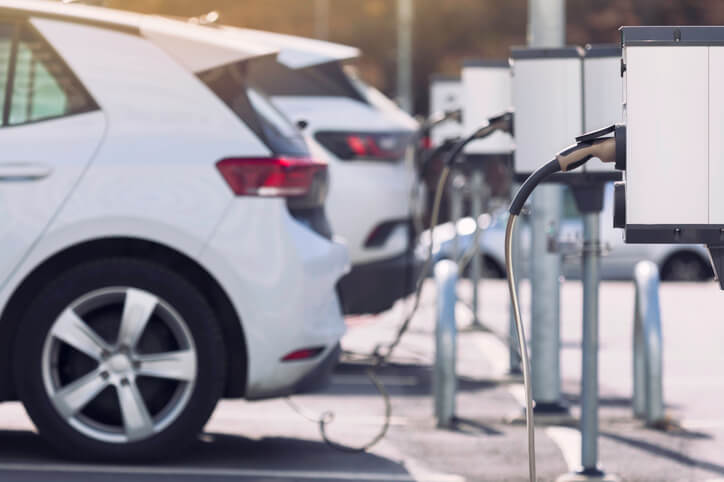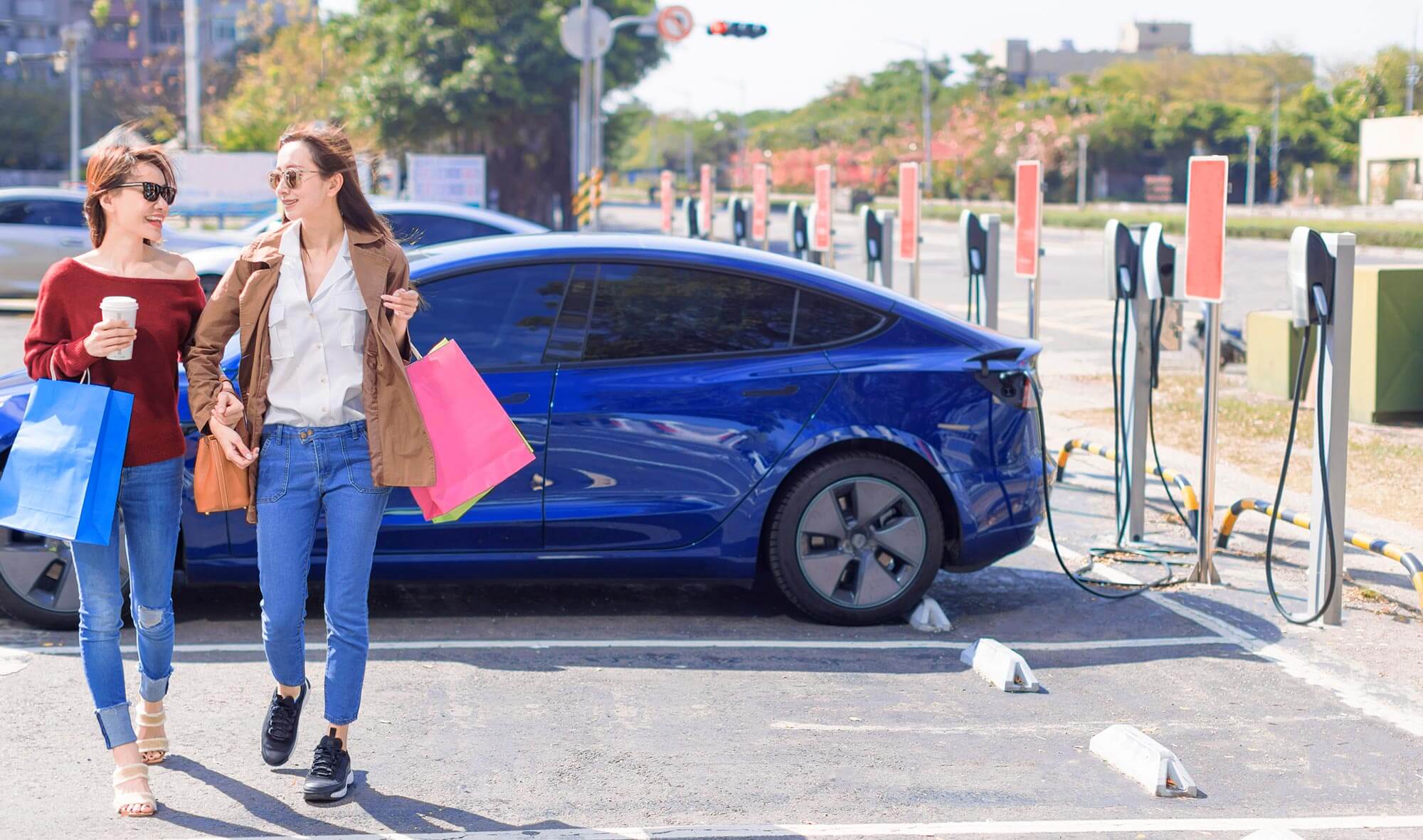
KMB Design Group provides reliable site-specific design and installation solutions for EV charging stations. Our team is licensed in all 50 states providing engineering, surveying and permitting nationally without limitations.
Contact KMB
“We have been partnering with KMB for several years. We appreciate the level of professionalism and responsiveness they provide to all of our projects. We have the highest level of confidence in their ability to deliver innovative and cost-effective solutions to a wide range of design problems. We look forward to continuing our working relationship on future projects.”
Michael Godin, Associate Principal | Phase Zero Design
Contact KMB
As a full-service engineering firm, our in-depth knowledge of electric vehicle charging enables us to provide the most comprehensive services to our clients ranging from conceptual design to feasibility studies and preliminary designs. KMB is on the forefront of electric vehicle charging.
Consult with one of our engineers today!
Contact KMBIn addition to tax incentives designed to encourage EV sales, various states are also enacting measures to discourage the sale of gasoline-powered cars and light trucks. California has taken the lead to ban sales of new gasoline-powered cars and light trucks by 2035, with several other states, including Massachusetts, Washington, and New York, looking into similar measures.
In related developments, the Infrastructure Investment and Jobs Act Bill (IIJA/NEVI) includes a program that will spread out $5.4 billion across all 50 states during the next five years to help those states create a network of EV charging stations on the nation’s highways. While the transition will take time, the switch to electric vehicles is inevitable.
(Source – BTC Power – BESS White Paper).
The NEVI program currently applies solely to Level 3 charging stations, which consist of DCFCs (Direct Current Fast Chargers). DCFCs are the fastest available chargers, which make them the ideal choice for Convenience Stores locations where the time for stopping and shopping may be limited.
A DCFC converts AC power to DC, with the charger sending power directly to the EV battery for charging. This allows for higher and faster charging rates when compared to delivering AC energy which will have to be converted to DC within the vehicle’s onboard charger before delivery to the battery.
Currently, most vehicles don’t charge faster than 30 miles/hr. The DCFC conversion is limited only by the equipment rating and the amount of power available from the utility or the primary power source.
Despite the power output of these stations, the power limit is still determined by the EV itself. For example, if the EV has a 50kW acceptance rate and is connected to a 150kW DCFC, the EV will still only charge at 50kW.
Newer EVs are accepting charge rates from 180+kW, with some EVs going up to 350kW.
(Source – BTC Power – BESS White Paper).
For more information on EV Charging infrastructure please review this White Paper from BTC Power.
Yes, through out your project with us you will have not only a dedicated point person, but a team that you can rely on.
The KMB mission and guiding principles are the foundation of our culture. These principles guide us in our daily business operations and provide a sense of purpose as we work together to meet the goals of our clients, staff and community:

Office 732.280.5623
No matter how complex or expansive your project is, our team of experts has the EV skills required to ensure a cost-effective design to meet your deployment goals.